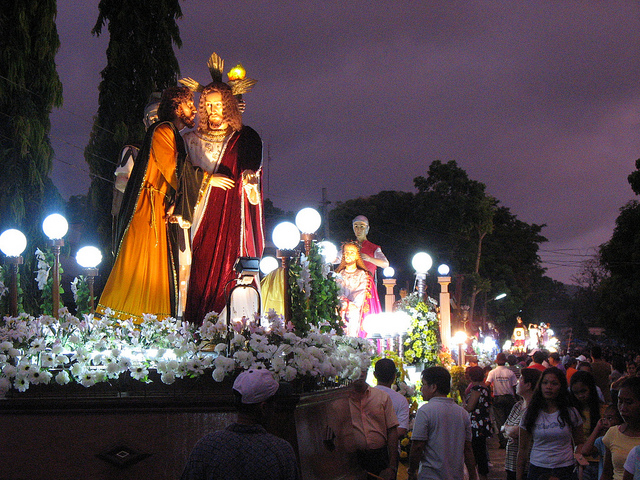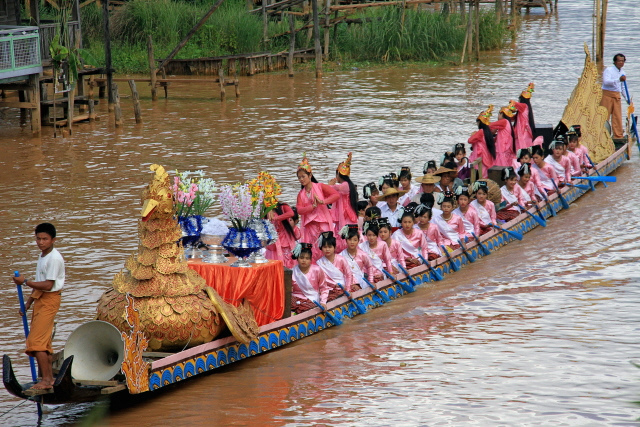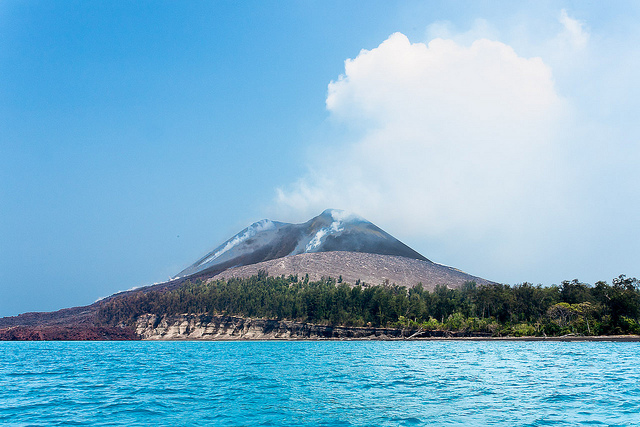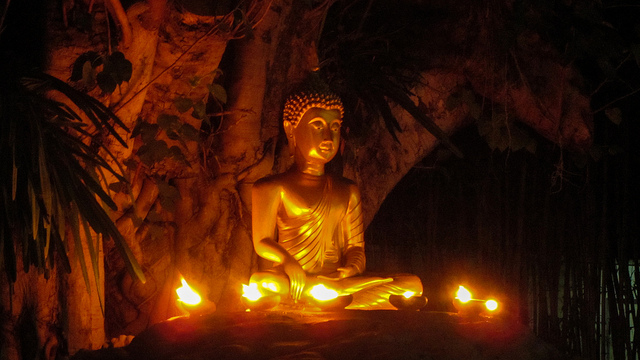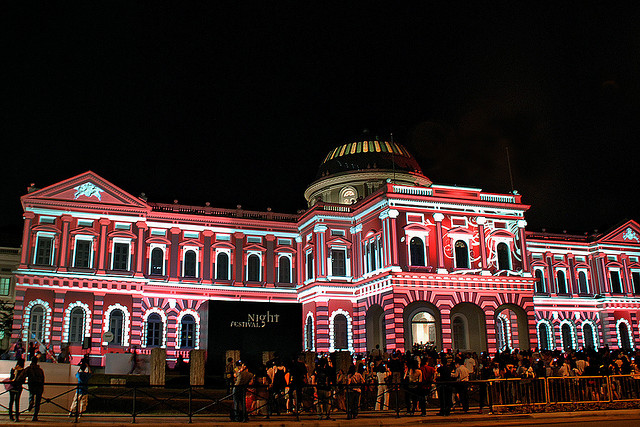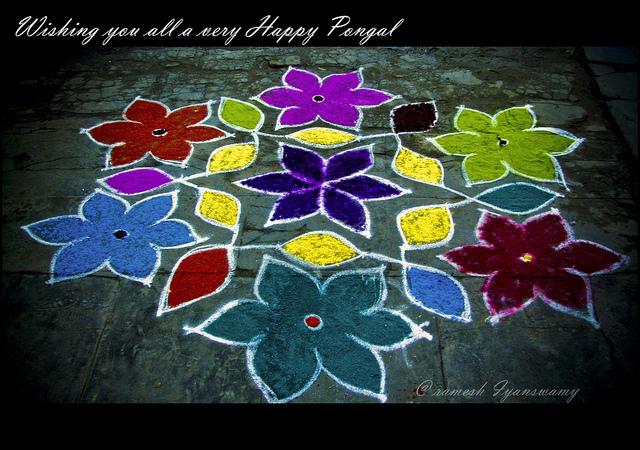The Hari Raya Haji is an important holiday for the Muslims. Called “The Festival of Sacrifice”, it honors the prophet Ibrahim and his willingness to follow God’s command that he must sacrifice his firstborn son, Ishmael. The holiday also marks the end of the annual Hajj to Mecca. The lunar Islamic calendar marks this day on the 10th day of Dhu al-Hijjah, and it lasts for four days. The dates vary in the Gregorian Calendar.
In 2013, the first day of Hari Raya Haji will fall on Thursday, October 15.
The Hari Raya Haji is a public holiday in Singapore, Malaysia, Brunei and Indonesia. In the predominantly Catholic Philippines, the holiday is not celebrated nationwide, but mostly in Mindanao and within the smaller Muslim communities scattered throughout the country. However, the government recognizes its importance to its Muslim citizens, and often consider it as a public holiday.

Origins
The story of the prophet Ibrahim, or Abraham as he is more known to the Western world, is a familiar tale to the people of various faiths. Ibrahim was an old man when God blessed him with the birth of his son Ishmael. When the boy was 13 years old, Ibrahim had a recurring dream where God asked him to sacrifice his son. Despite his deep sorrow, Ibrahim knew that he had to follow and told his son. Ishmael didn’t think twice, and agreed that Ibrahim should do as God asked. When Ibrahim was ready to slaughter his own son, the boy remained unharmed. Instead, they found a dead ram which they offered up to God in the boy’s stead. Ibrahim had passed the test which showed his devotion to God.
Journey to Mecca
For the Muslims, the biggest act of devotion to their faith that one must do is to make the holy pilgrimage to Mecca, particularly if you have the financial means and the physical strength to do such a task. The end of the month long journey is a cause for celebration, thus the observance of Hari Raya Haji.
Traditions
Prayers are performed by the men in the various mosques in their area. Sermons are read out and the devout reflect in the messages in these passages. Afterwards, male volunteers participate in “korban”, or sacrificial rites of rams, sheep and cow hosted by several mosques across the country. In Singapore, most of the livestock for the sacrifice had to be imported and distributed months ahead in order to cover the demand. Well-off Muslim families would often donate any one of these animals to a mosque.
The meat will then be distributed through the Muslim community, particularly to the less fortunate. The holiday is also a reminder for people to be thankful and share the blessings and wealth they have received.
Activities
In the recent years, Hari Raya Haji has garnered attention from people of other faiths. While the traditional prayers and rites are reserved for the devout, many non-Muslims participate in the merrymaking afterwards. This is particularly true for countries that have a population with mixed faith, like in Singapore or Malaysia.
In Singapore, the center of such activities can be found in Kampong Glam and Geyland Serai. Shops filled with colorful wares and various types of food are set up and is open to all visitors. Houses and establishments around the area are decorated for the festivities, featuring flags and banners of the religious bent.
As with most Muslim communities, residents in Malaysia are expected to honor the day with new clothes and the presentation of delicacies and sweets. It is also important for them to spend the day with families and loved ones. As it is a public holiday, banks are closed but all other establishments remain open. It is also interesting to note that Malaysian embassies all over the world observe this holiday, albeit in less grandiose scale.
Photo Credit : Erwin Soo
